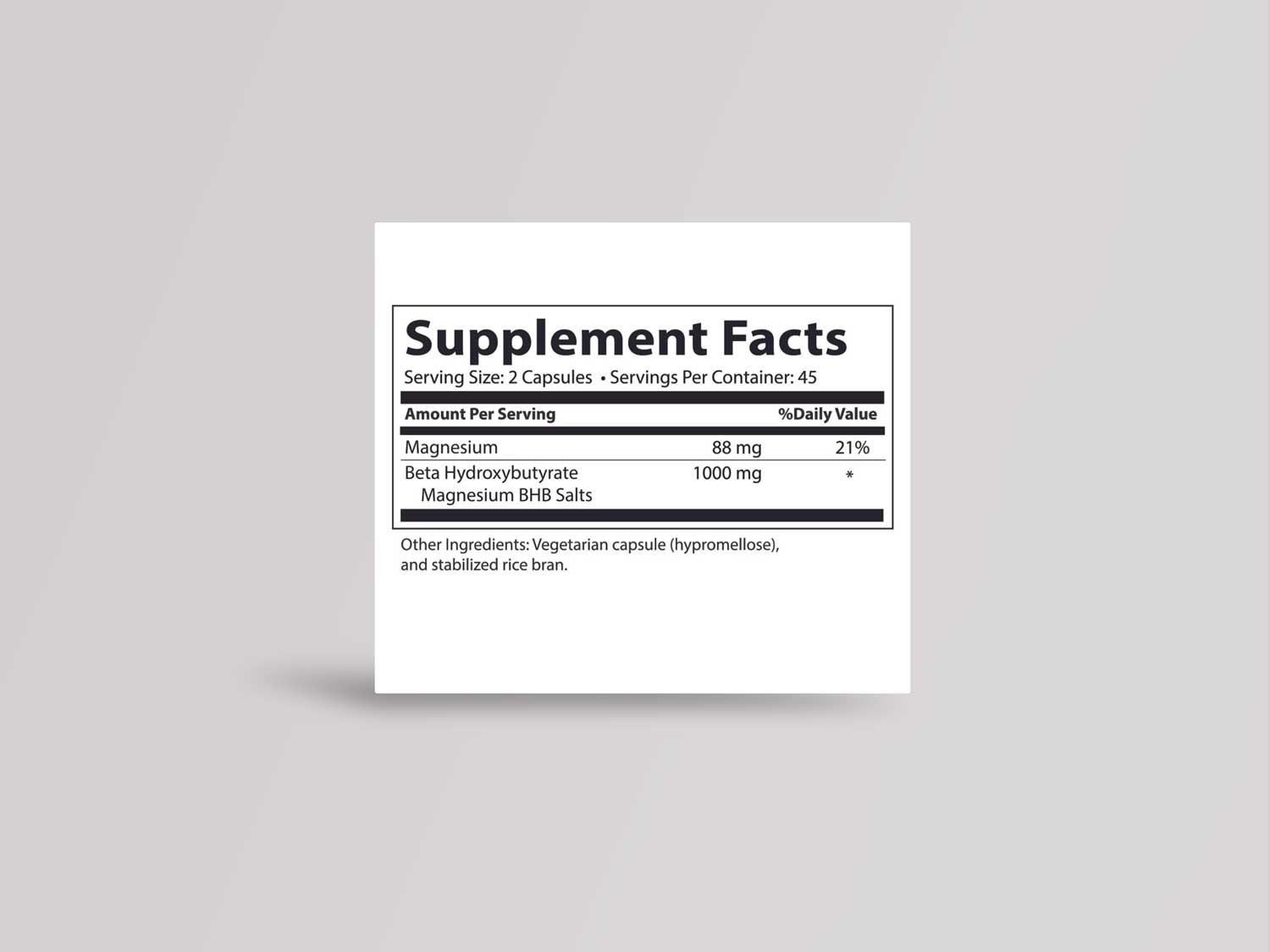Magnesium Glycinate 250 mg (60-Day Supply)
Magnesium is a cofactor for more than 300 different enzymes, including the liver enzyme responsible for converting vitamin D to its active form. Magnesium also stimulates the hormone calcitonin, which helps support healthy bone structure by drawing calcium out of the blood and tissues and back into the bones. Additionally, magnesium is involved in healthy neuronal, muscular, and vascular function and plays a key role in the synthesis of glutathione and adenosine triphosphate (ATP). Magnesium deficiency is widespread and repeated surveys have indicated that dietary magnesium intake is usually below the recommended daily allowance (RDA). Magnesium glycinate is a highly absorbable form of magnesium that is unlikely to cause gastrointestinal upset.
Magnesium is a cofactor for more than 300 different enzymes, including the liver enzyme responsible for converting vitamin D to its active form. Magnesium also stimulates the hormone calcitonin, which helps support healthy bone structure by drawing calcium out of the blood and tissues and back into the bones. Additionally, magnesium is involved in healthy neuronal, muscular, and vascular function and plays a key role in the synthesis of glutathione and adenosine triphosphate (ATP). Magnesium deficiency is widespread and repeated surveys have indicated that dietary magnesium intake is usually below the recommended daily allowance (RDA). Magnesium glycinate is a highly absorbable form of magnesium that is unlikely to cause gastrointestinal upset.
Magnesium is a cofactor for more than 300 different enzymes, including the liver enzyme responsible for converting vitamin D to its active form. Magnesium also stimulates the hormone calcitonin, which helps support healthy bone structure by drawing calcium out of the blood and tissues and back into the bones. Additionally, magnesium is involved in healthy neuronal, muscular, and vascular function and plays a key role in the synthesis of glutathione and adenosine triphosphate (ATP). Magnesium deficiency is widespread and repeated surveys have indicated that dietary magnesium intake is usually below the recommended daily allowance (RDA). Magnesium glycinate is a highly absorbable form of magnesium that is unlikely to cause gastrointestinal upset.


